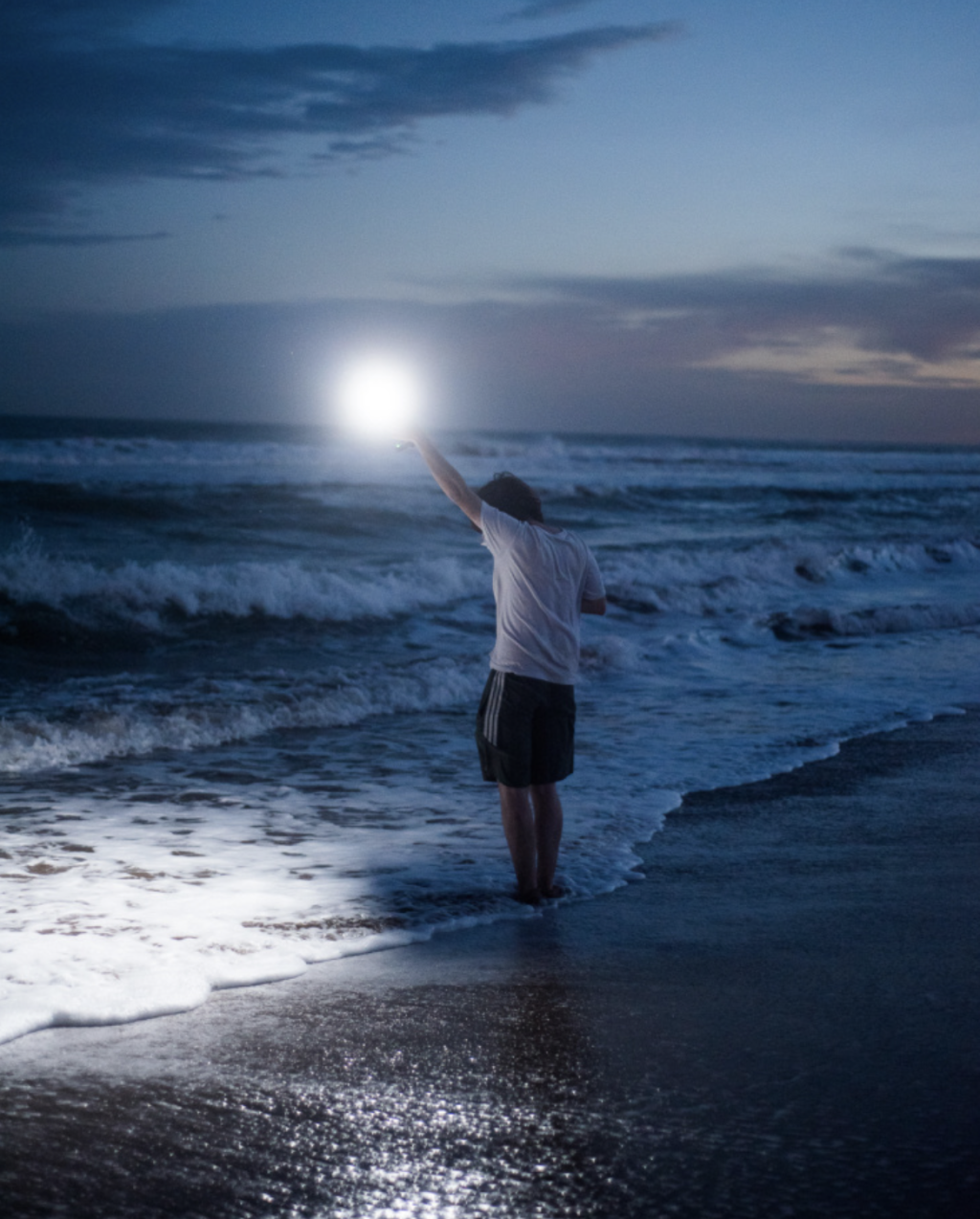A Dance in the Ethereal: Luciana Demichelis
Dance floors; an overlooked world, even a center of freedom-seeking. Luciana Demichelis’ personal project ‘Limbo’, born in Buenos Aires, brings together profound emotions on the dance floor and captures the body’s mysterious, otherworldly, and contemplative moments through photography, intertwining the transformation of the body with freedom.
Dance floors are not something that finds themselves photographing them. What drew you to this subject matter, and what emotions or stories do you aim to convey through your images especially in ‘Limbo’?
Luciana Demichelis: When I started, it felt like the track was a dreamlike setting. There people changed their attitude towards the world, and at the same time she felt that the track connected them in a unique way. At times, when photographing, she felt the same sensation of being dreaming. At the same time, it was a space that left me feeling meditative, quite nostalgic, while the music was repeated over and over again and the parties seemed to always be the same. In the project I wanted to convey that feeling of the ‘abyss’ of finding ourselves between one generation and another, in an unstable economic context, with lives that are constantly changing.
The night was always a space appropriated by dissident identities, I always felt very comfortable in that sense. My marika, trans, female friends, and even dissident masculinities and non-binary friends always took care of me and made me feel safe there. But I did have a feeling of uncertainty in 2018-2019 and obviously in 2020 about the future of my generation. I think the title and the photos reflect in that sense my general feeling about things at that particular moment.
How do you approach capturing the essence of these dance floors and in a way the people who inhabit them in your photography?
Luciana Demicehlis: When I was doing ‘Limbo,’ I was working at parties, photographing them to make a living. There is a certain taboo in the artistic environment about this: have I ever been asked ‘if you were working taking photos while producing the project, is it a serious project?’ as if the job had to be separated from the artistic work. It’s complex, because on the one hand I was working, but living in a very small city I knew all the people I was going to be photographing and I could create images with them, experiment together. I wanted to get that feeling of not being fully awake, not quite asleep, that levitating sensation of the body in the photographs.
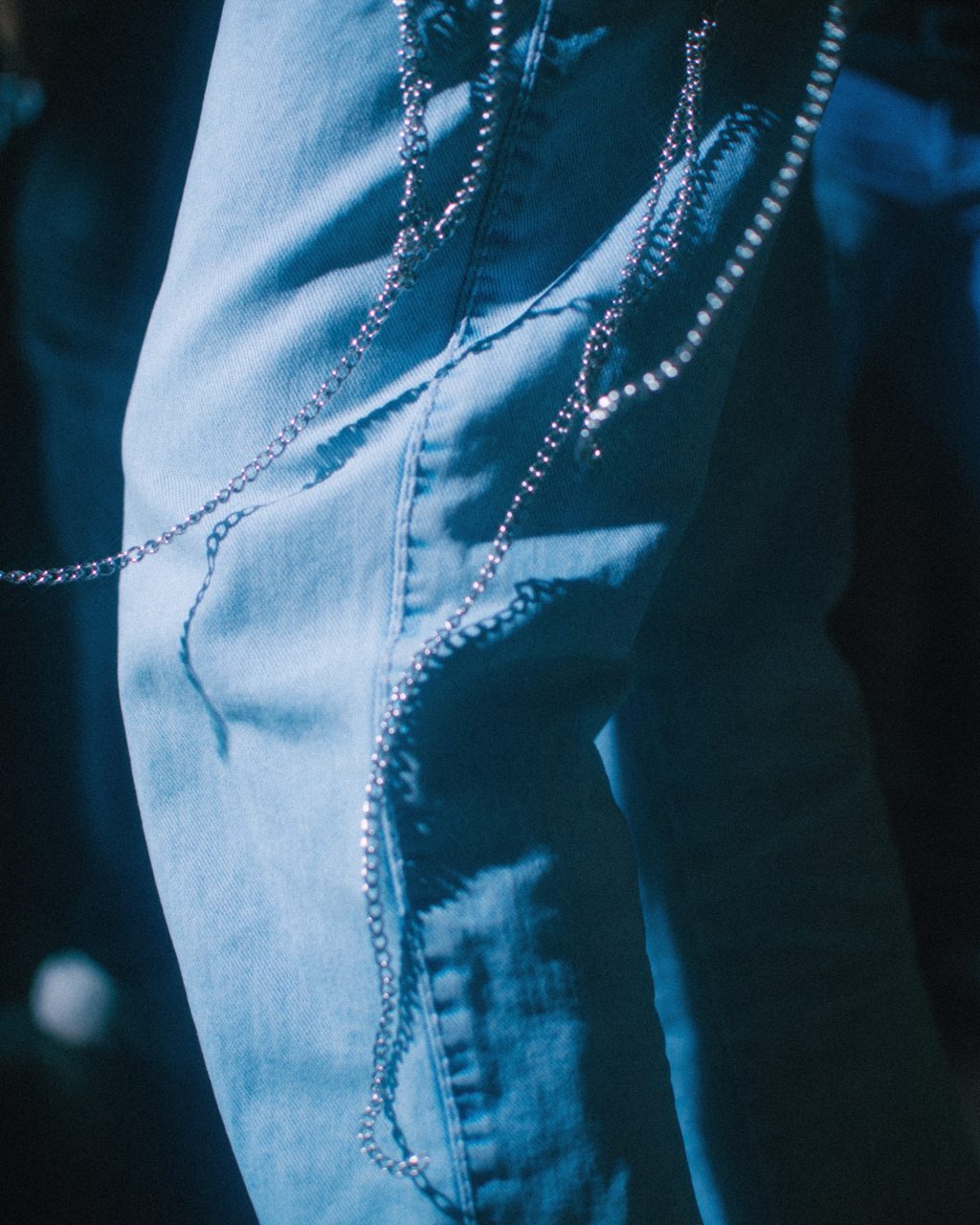
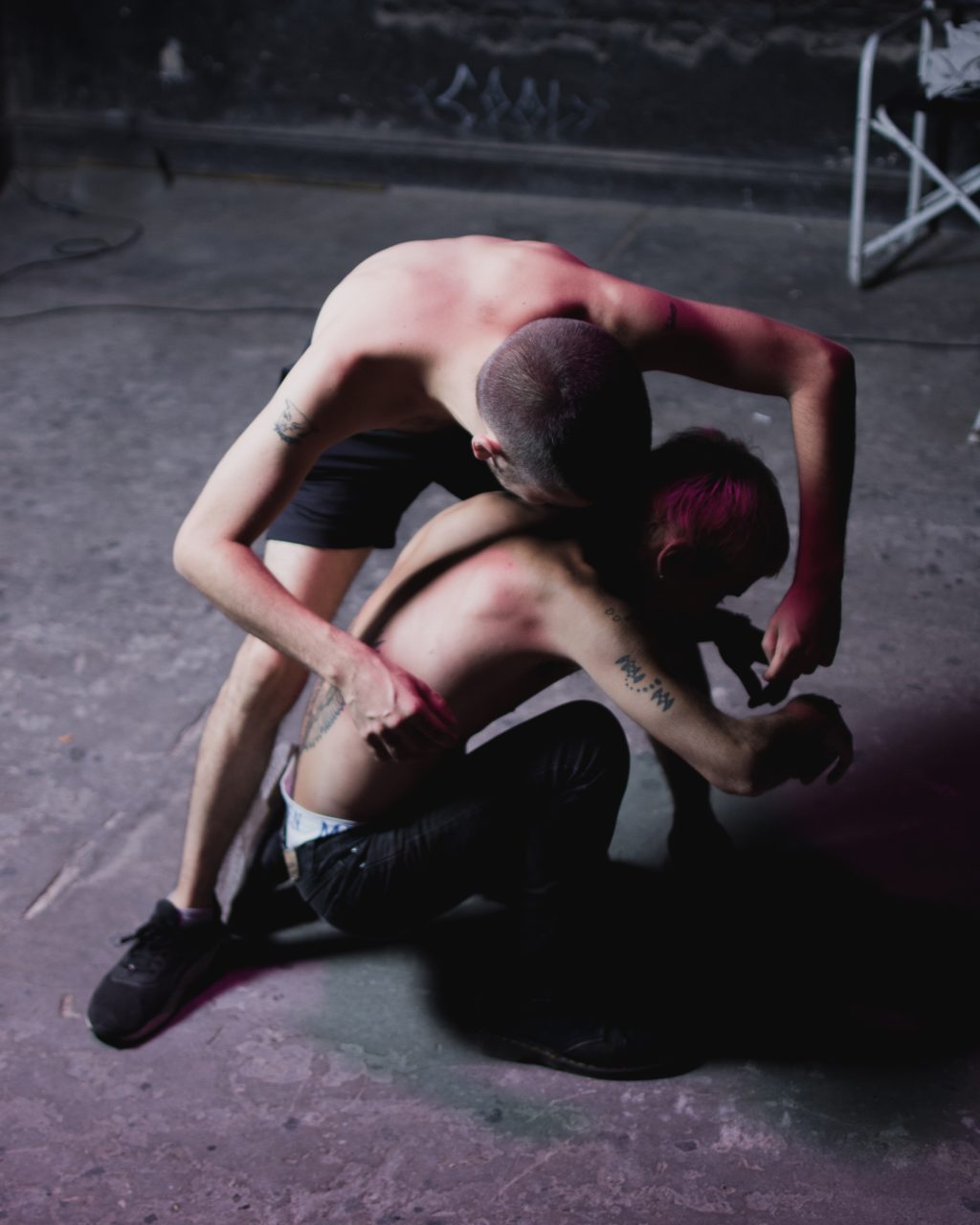
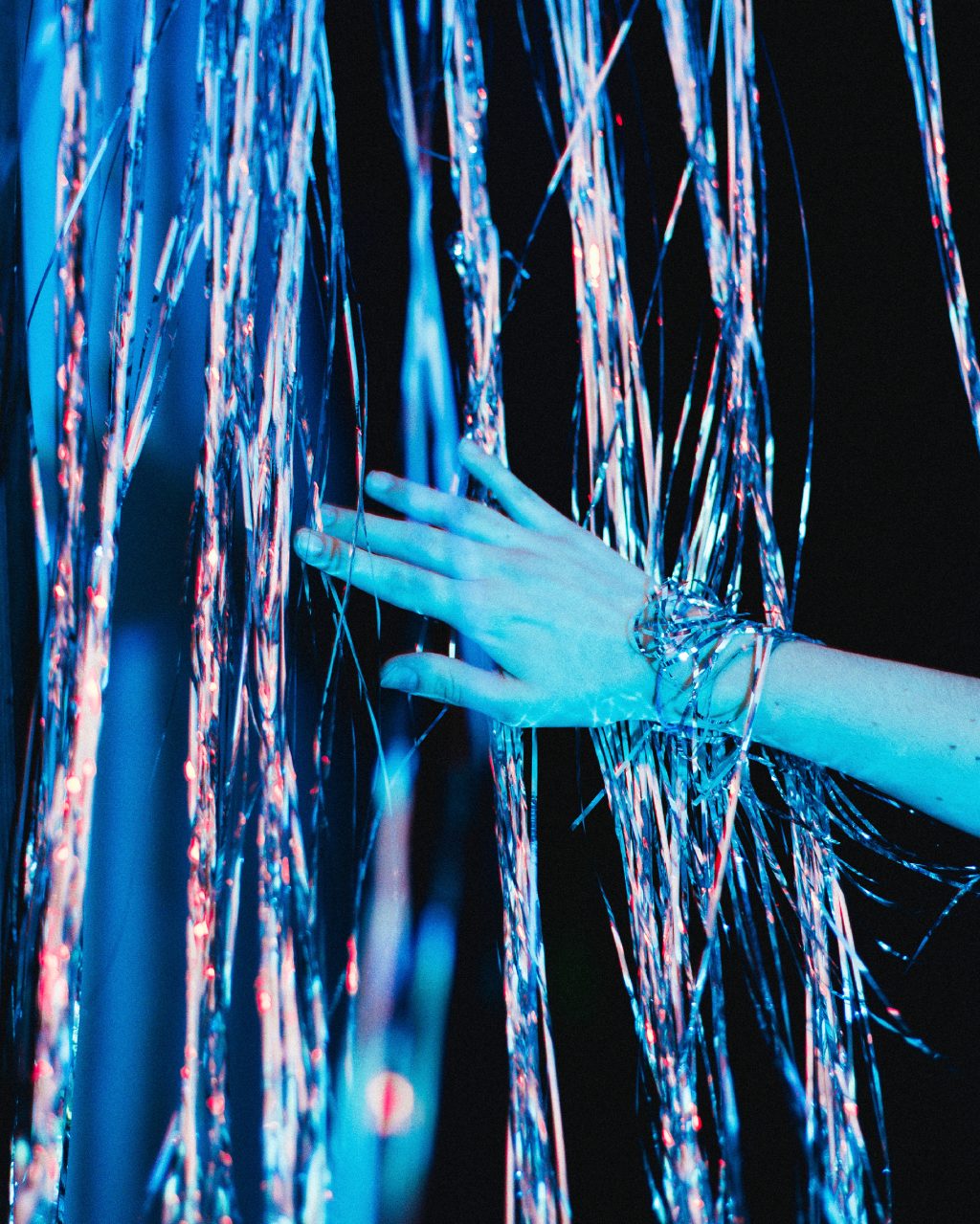
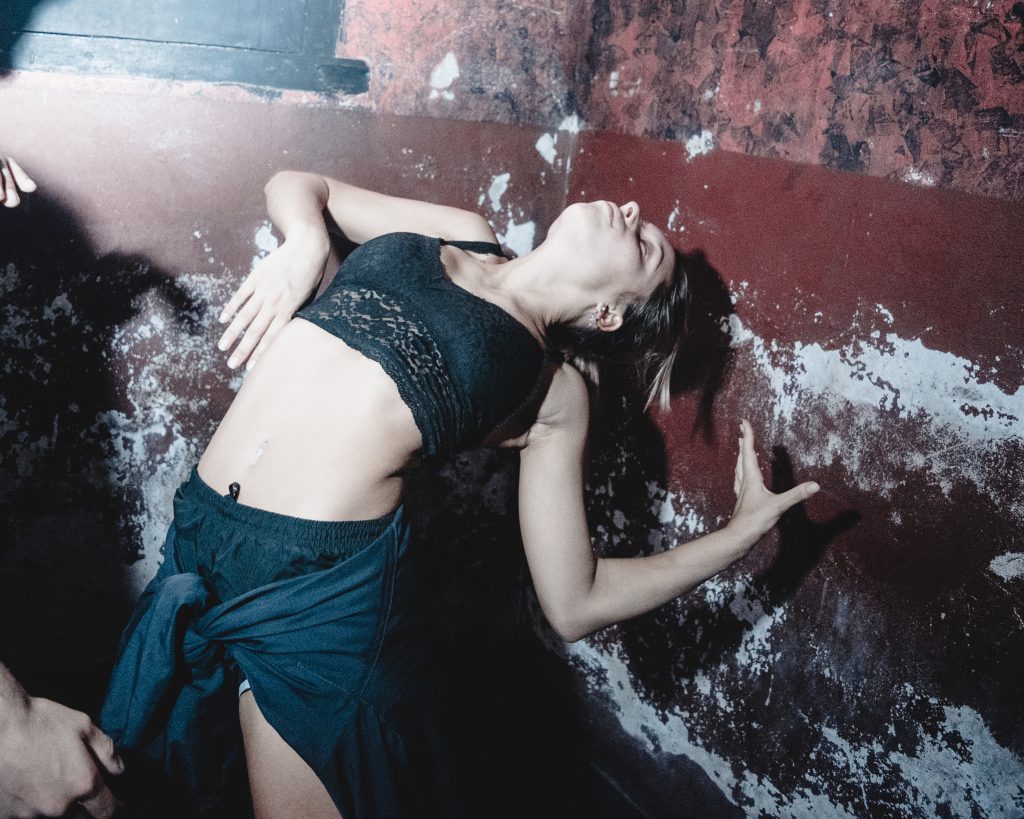
Do you have a favorite color in your composition in ‘Limbo’?
Luciana Demichelis: Yes, it’s probably blue. It is a color that leads me to a very specific feeling that I wanted to convey in the series, like dreaming. There is something that I don’t tell many times, which is that when I started photographing the night in 2015, I was also mourning. My first Leo partner died of cancer, I was 23 years old at the time and he was 25. We had started dating when I was 16. It was very hard for me to start thinking about the deterioration of the body, about how in the end despite of youth, we can die. Far from thinking of it as something heavy and horrible, I began to investigate different ways of thinking about death, just as in Mexico they consider it a bit like an eternal party. That concept was always there in my head. At the time, Leo always dressed in blue, he had something with that color. And I think there was something later with that tone, you know, like I had it very present in my things and in my life. It seemed to me a way to still have it with me and I began to use it in the photos, as a detail that only I knew about. I don’t usually share it much, but maybe it’s time. So thanks for asking.
“Basically, the first prison is always oneself, the person who shortens freedom the most can sometimes be oneself, one’s own mental health.”
-Luciana Demichelis
How do you determine the thematic elements of the frames you capture in your photographs?
Luciana Demicehlis: I always think on a compositional level in using portraits. I come from a way of photographing that has a lot to do with portraying, it is a theme that interests me a lot but I also felt that the body had to be present in other ways in the series for an obvious and obvious reason. So I also decided to represent sensations with other objects, elements, such as fireworks and explosions, or super serene landscapes, which could perhaps come to symbolize how those bodies were feeling inside.
What does freedom means to you?
Luciana Demichelis: I think freedom for me means being able to make some dreams that I have come true. For a long time I felt that they were impossible. To begin with, I was very ashamed to raise my voice, to show my photos. I thought, for example, that the idea of presenting my work in some places or that someone might be interested in my work was impossible. Luckily time made me see that I was wrong and that this could change. But basically the first prison is always oneself, the person who shortens freedom the most can sometimes be oneself, one’s own mental health.
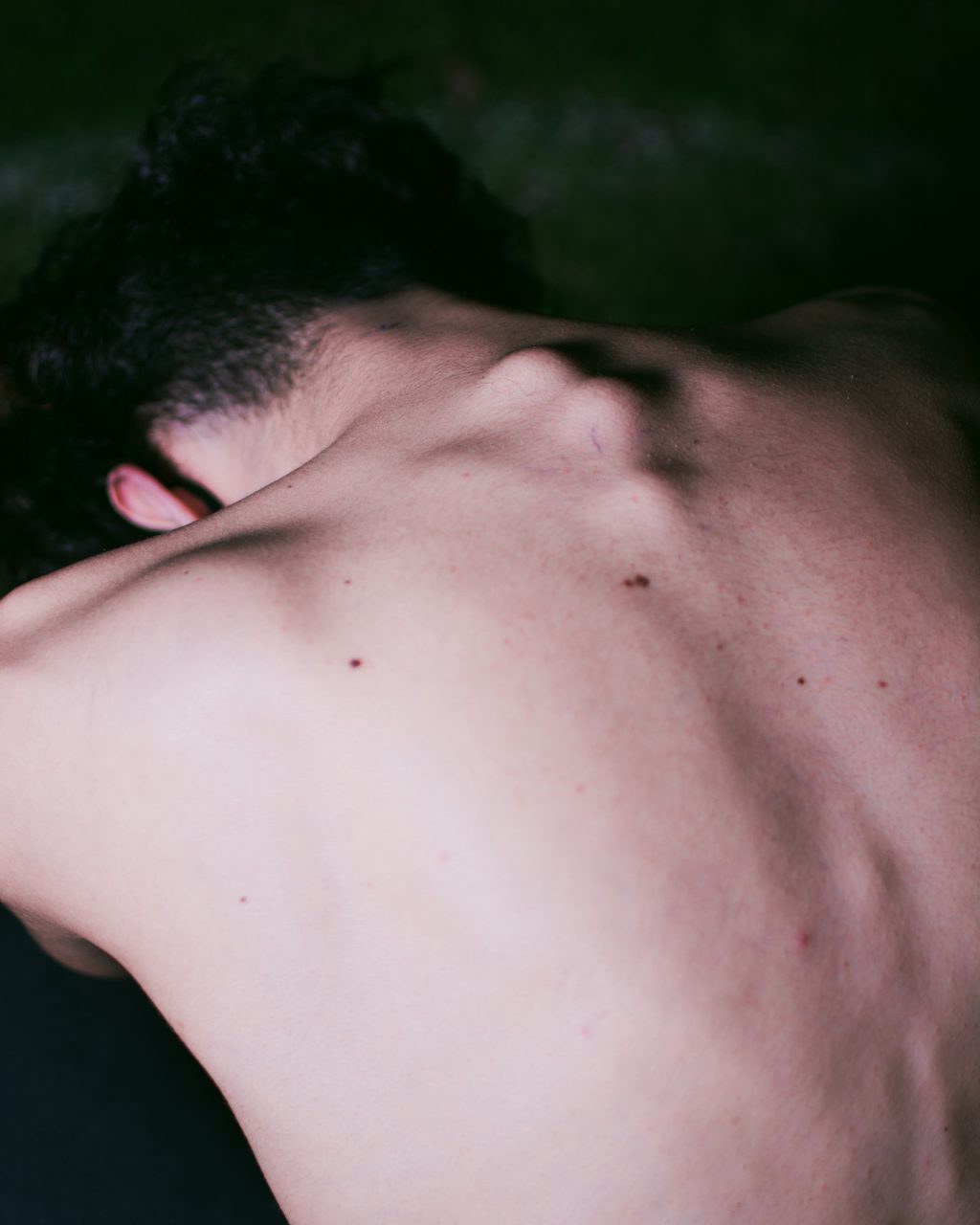
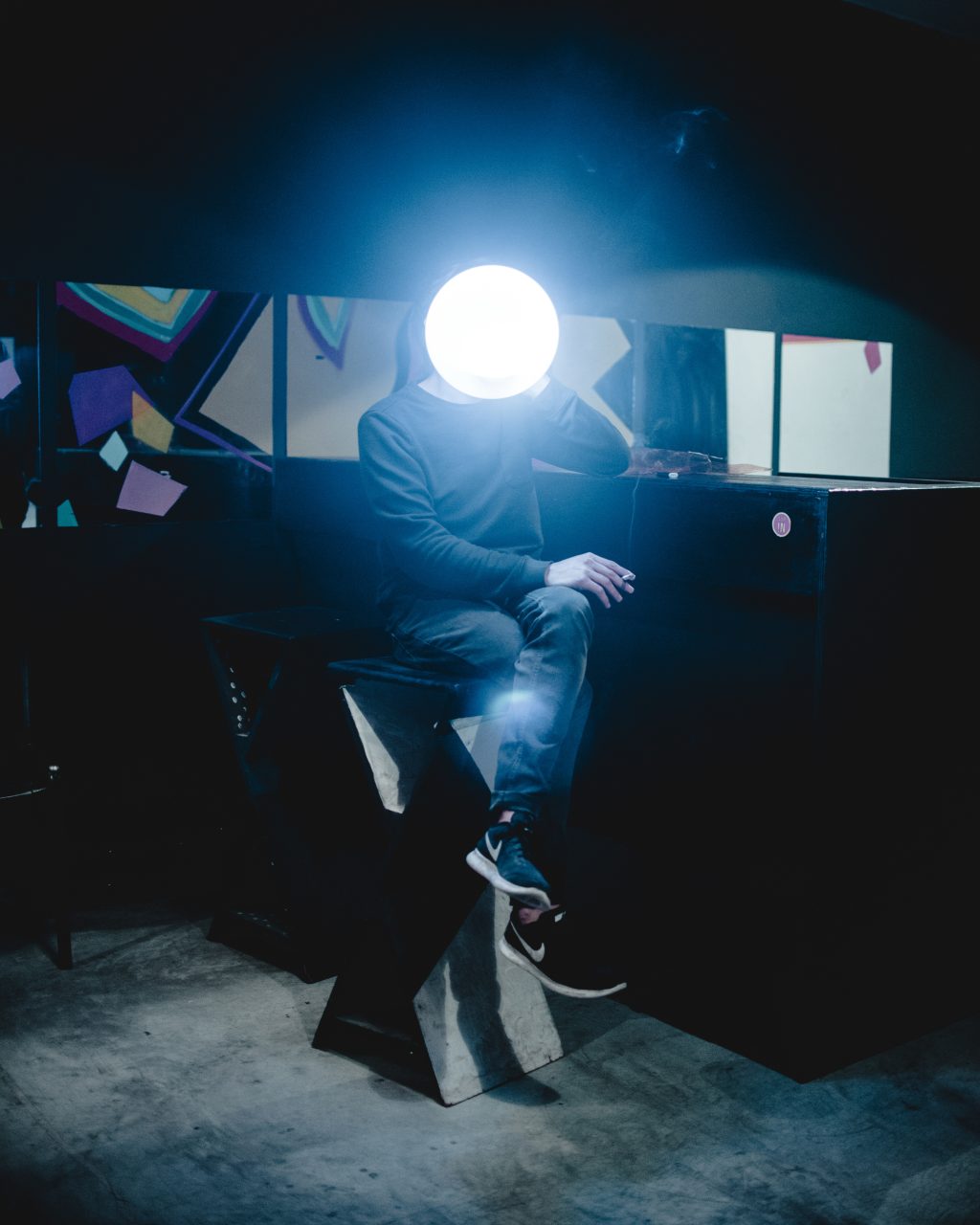
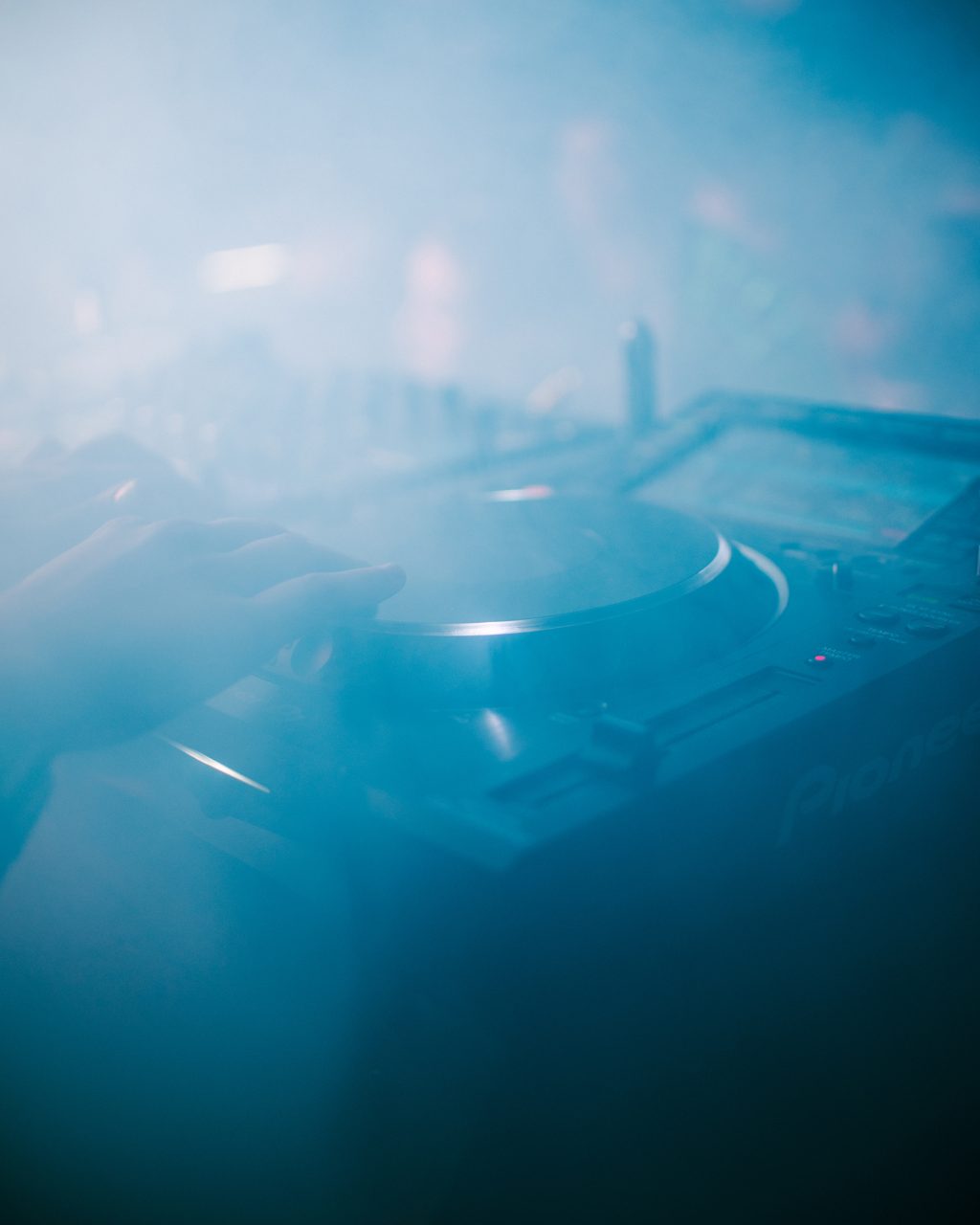
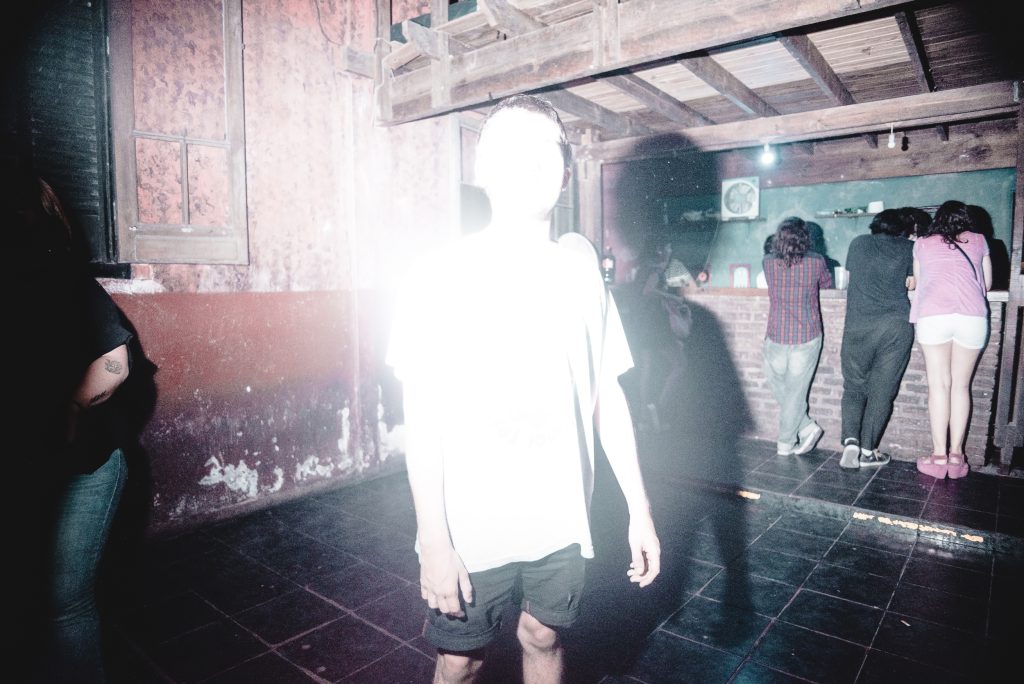
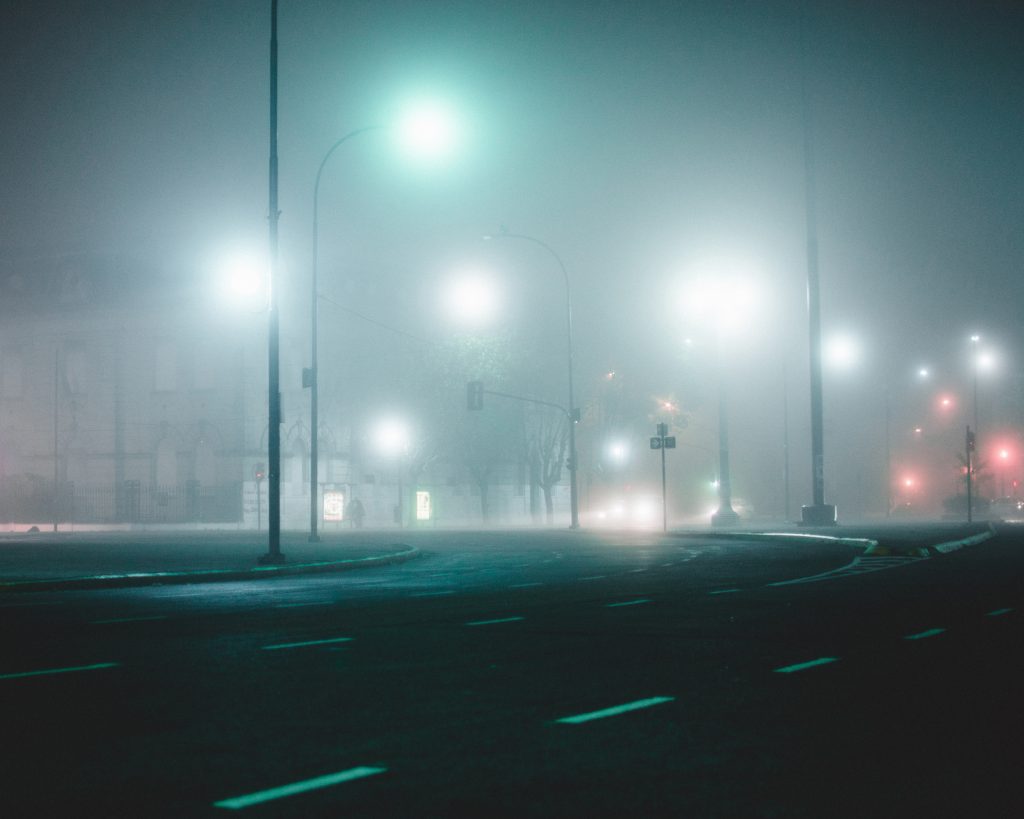
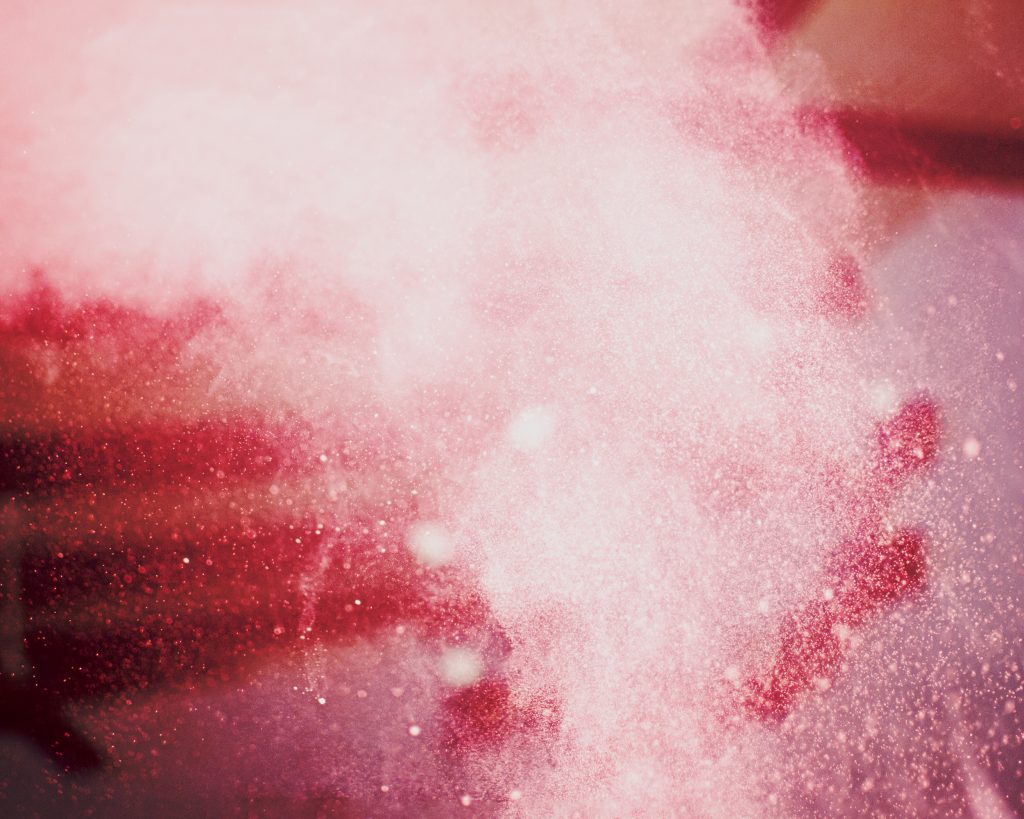
I feel that no one is completely free, that there is a system that is oppressing the best artists of my generation, that in the end we are working very, very hard for salaries that are sometimes not competitive, and that in the midst of that we are goes the whole life Not only my generation, I think about my mothers, I think about what their dreams were, which ones they could fulfill and which ones they couldn’t and I think it’s good, in short we still have a lot to discuss. The possibilities of the people of a sector of the world are contaminating the planet and are making Third World countries have to extractive our resources at a very low cost in order to get out of this situation. So, in Latin America and fundamentally in Argentina, I don’t know if we are completely free after all. I am also reflecting in this sense that it is important to ensure that those dreams are sustainable in a context and that they do not harm other people.
When life brings a chaos into your life, how do you approach that?
Luciana Demichelis: In general, I try to create spaces to organize what I want to say and how I want to say it. It could be going for a walk or it could be putting the photos on a table and starting to reflect on them. I began to understand that this takes time, that it is not an issue that I am sometimes going to be able to solve quickly, but it does seem to me that every time I am improving the way in which I want to explain my work, so I understand that generating those spaces is key.
“The night was always a space appropriated by dissident identities.”
-Luciana Demichelis
Is there a strangest situation you’ve been in just to capture an image?
Luciana Demichelis: I don’t know if there was a specific situation but I’m always surprised by the way the flash lights up the dark and shows me pictures that I wasn’t able to see in the same way with my human eye. It seems to me like there’s an interesting dialogue there that always surprises me at the end of the day and that always ends up being strange to me.
Do you have a favorite artist, alive or dead?
Luciana Demicehlis: I have many artists that I like and that interest me, but I always end up falling for the first ones that inspired me, that pushed me to produce another type of work, or that challenged me. The truth is that at this moment I am also really liking the work being done by my contemporary Latin American colleagues such as Felipe Romero Beltrán, Fabiola Cedillo, Nicolás Janowski, Francisco Medail, Lua Ribeira, Martín Bollati, Ventura Profana, Patricio Malagón, Cristina de Middel, Federico Estol… I think it is important, as a singer-songwriter from Argentina that I really like called Rosario Blefari once said, to be in the present listening and learning from authors who are alive.
Have you ever captured a photograph that, upon seeing it, you felt an immediate connection to, as if it perfectly represents who you are as a person?
